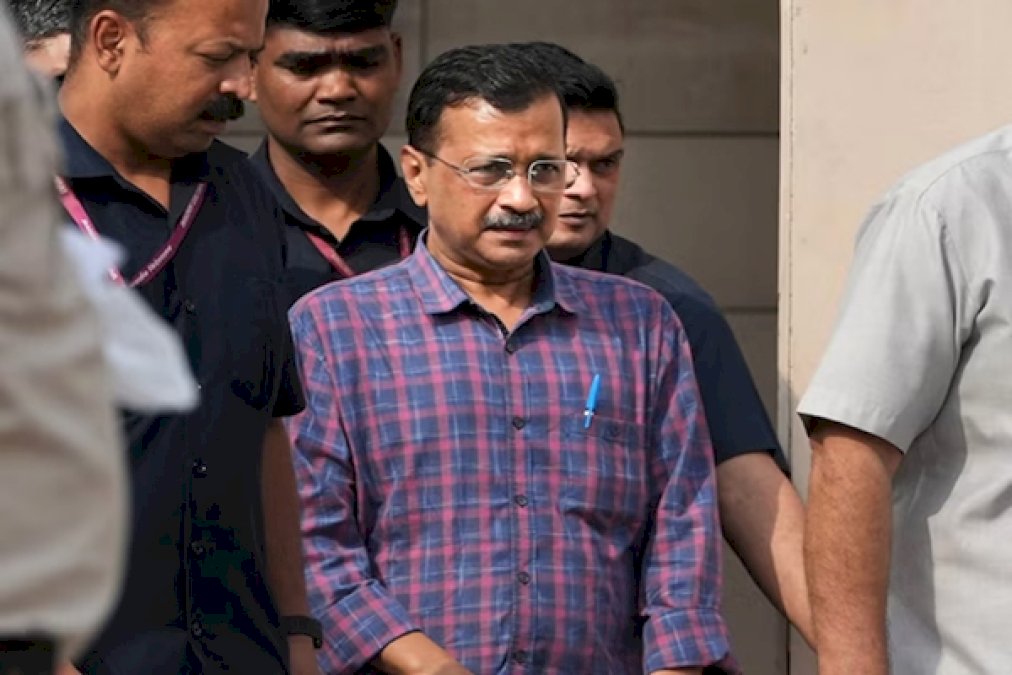In a significant development in the ongoing investigation into the Delhi Excise Policy case, the Central Bureau of Investigation (CBI) has obtained the requisite sanction to prosecute Delhi Chief Minister Arvind Kejriwal. This move marks a pivotal moment in the case, which has already led to the arrest of several high-profile individuals associated with the Aam Aadmi Party (AAP) government.
The Delhi Excise Policy 2021-22, introduced by the Kejriwal-led government, aimed to reform the liquor distribution system in the national capital. The policy, however, quickly became mired in controversy amid allegations of corruption, irregularities, and undue benefits extended to certain private players. The CBI, acting on these allegations, registered an FIR in August 2022, leading to a high-profile investigation that has since dominated the political discourse.
Key figures in the AAP government, including former Deputy Chief Minister Manish Sisodia, were previously arrested in connection with the case. The CBI has accused the AAP government of tweaking the excise policy to favor certain liquor traders, leading to a loss of revenue for the government while benefiting a select few. The estimated financial implications of these alleged irregularities have been pegged at several hundred crores, with the Enforcement Directorate (ED) also involved in investigating the money laundering aspects of the case.
The sanction to prosecute Arvind Kejriwal has added a new dimension to the investigation. Under the Prevention of Corruption Act, government officials, including elected representatives, cannot be prosecuted without the sanction of the competent authority. This sanction is typically provided by the Lieutenant Governor (LG) of Delhi, who has now given the nod for Kejriwal’s prosecution.
The AAP has vehemently denied the allegations, calling them politically motivated. Kejriwal himself has dismissed the charges as a conspiracy to destabilize his government, which has been lauded for its governance model in various sectors. However, with the CBI now empowered to proceed legally against him, the case is likely to intensify, further straining the relationship between the Delhi government and the central investigative agencies.
As the legal proceedings unfold, the Delhi Excise Policy case is poised to have far-reaching political ramifications, potentially influencing the political landscape of the capital ahead of future elections.
